The lifelong blood transfusions lead to an iron-overloaded in patients with thalassemia Major. This iron-overload becomes toxic to tissues and organs, particularly the liver, heart and endocrine glands determining: liver dysfunctions, fatal cardiac failure, arrhythmias and endocrine complications which constitute the main concern in poorly chelated patients.
Currently there are three different drugs (iron-chelators) to help remove excess iron.
Chelation therapy with desferrioxamine (Desferal) is the most effectiveThis drug is generally administered subcutaneously from a small battery-operated infusion pump that slowly infuses DFO under the skin over 8-12 hours.
This treatment has a significant impact on the patient and family and lack of compliance with DFO is frequent.
Over the last years researchers have developed two new oral iron-chelators that can improve patient compliance: Deferiprone (L1) and the most recent Exjade.
Exjade is the once-daily oral breakthrough that simplifies iron chelation.
In regular dosing, EXJADE maintains effective levels of active chelator for over 24 hours post-dose.
Monitoring of iron-overload should be constantly performed by a liver biopsy or by a super-conducting-quantum interference device (SQUID), considered as the most non invasive accurate method.
This new technique is only available in five centres, one is based at Centro Microcitemie of Torino in the Hospital Regina Margherita/ Sant’Anna.
MORE INFORMATION
www.pompeinfusionali.it (ing-ita)
